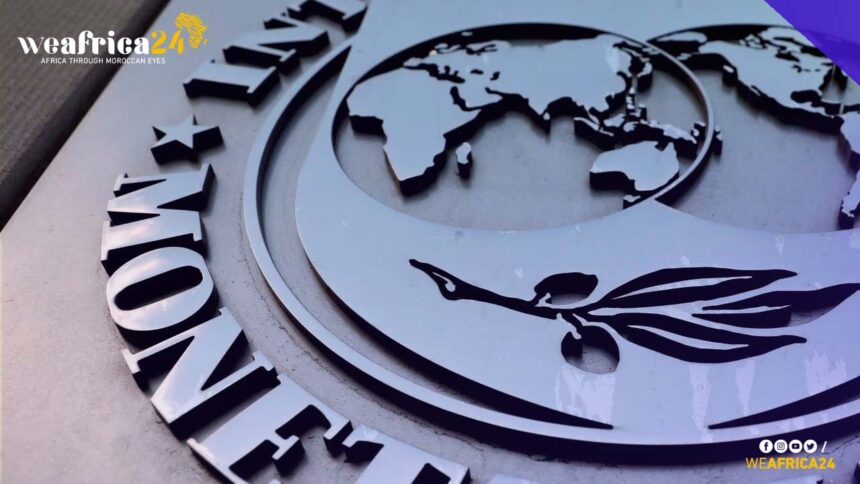Uganda has secured a disbursement of Shs440 billion (approximately $120 million) from the International Monetary Fund (IMF) under its Extended Credit Facility (ECF). This latest disbursement brings the total funds received by Uganda under the ECF arrangement to around $750 million.
The disbursement aims to provide immediate support to Uganda’s response to the Covid-19 pandemic and promote inclusive long-term growth led by the private sector. The IMF’s decision comes after the executive board approved the ECF arrangement of about $1 billion (200% of quota) for Uganda on June 28, 2021.
Kenji Okamura, the Deputy Managing Director and Acting Chair of the IMF praised the Ugandan authorities for their commitment to their economic program despite facing challenging circumstances. Okamura noted that most of the quantitative targets were met by December 2022 and March 2023. While the Quantitative Performance Criterion (QPC) on the Bank of Uganda’s net credit to the government was narrowly missed in March 2023, all structural benchmarks due between March and June 2023 were successfully achieved.
To ensure sustained progress, Okamura emphasized the importance of fully implementing the Domestic Revenue Mobilization Strategy (DRMS), including additional tax administrative measures identified by the authorities. This approach will help reduce the debt-to-GDP ratio and facilitate increased social spending in the medium term. Enhancing Public Financial Management (PFM) reforms is also crucial to improve the execution of social spending promptly.
However, Okamura highlighted concerns regarding the deteriorating asset quality of some Ugandan banks, underscoring the need to safeguard financial stability and strengthen the supervisory framework. While acknowledging the appropriateness of the current monetary policy stance, he advised the Bank of Uganda to remain vigilant and ready to tighten policy if disinflation progresses slower than expected. Okamura also emphasized the importance of maintaining exchange rate flexibility to preserve external buffers.
As part of the disbursement package, Uganda is expected to undertake structural reforms that focus on strengthening governance and anti-corruption frameworks, enhancing domestic revenue mobilization (including reducing tax expenditures), and promoting financial inclusion.







